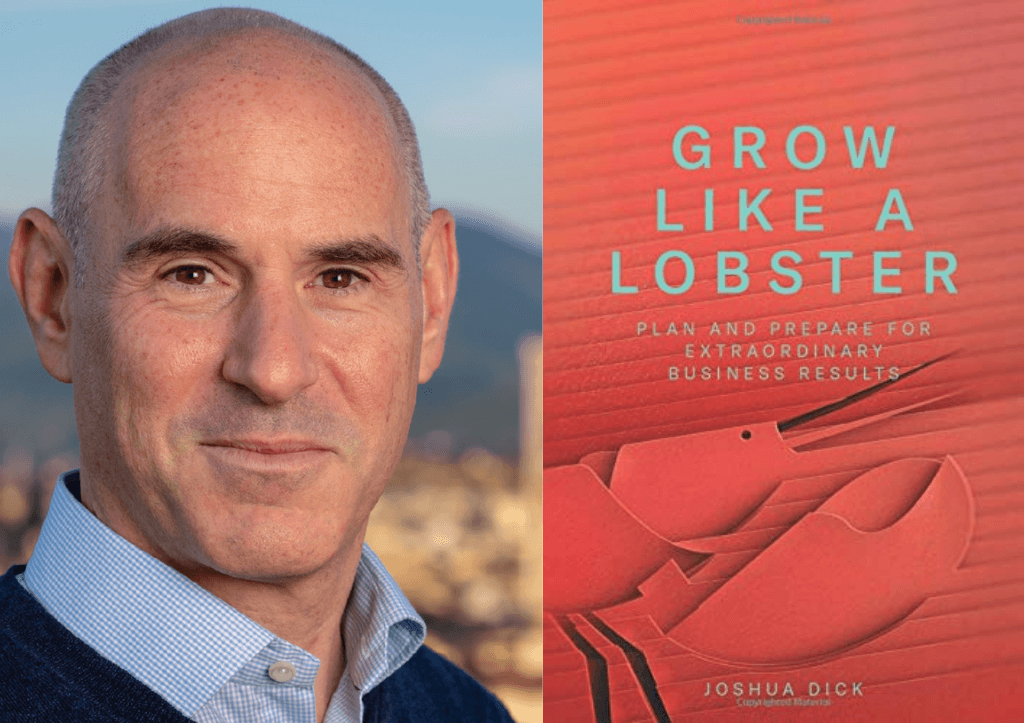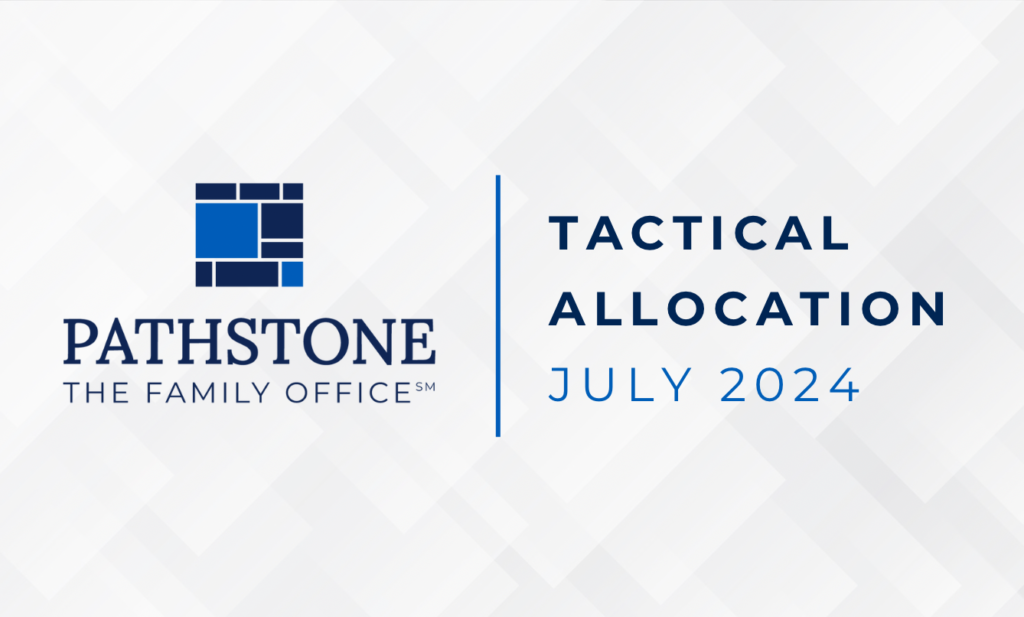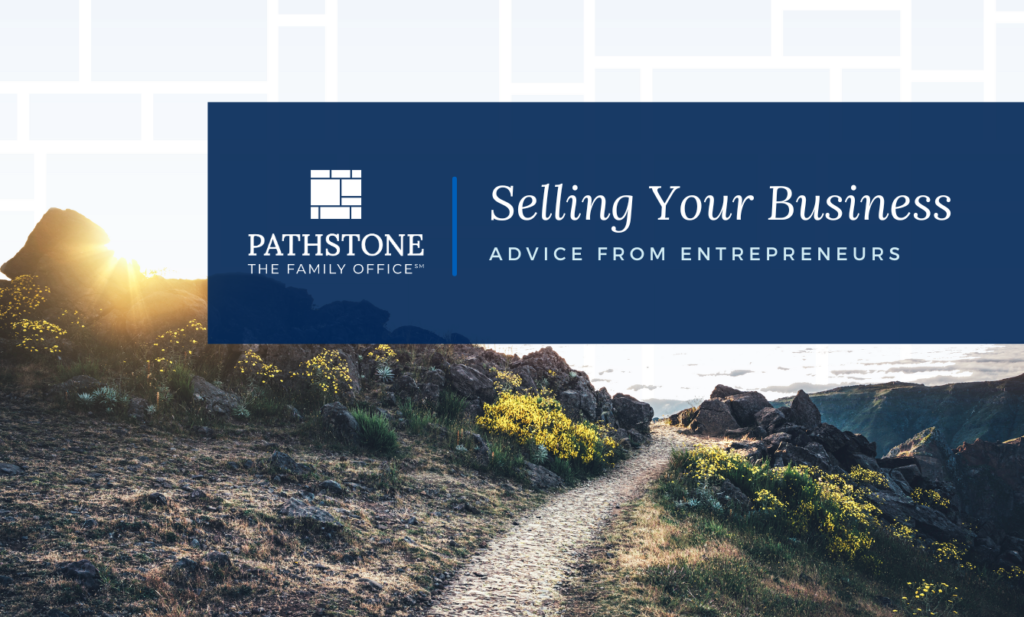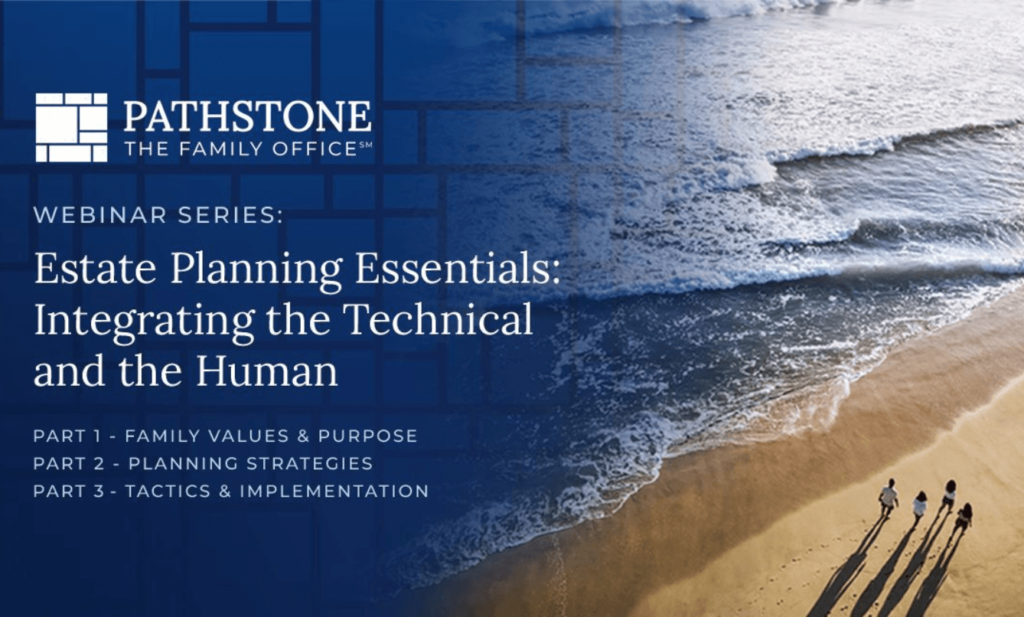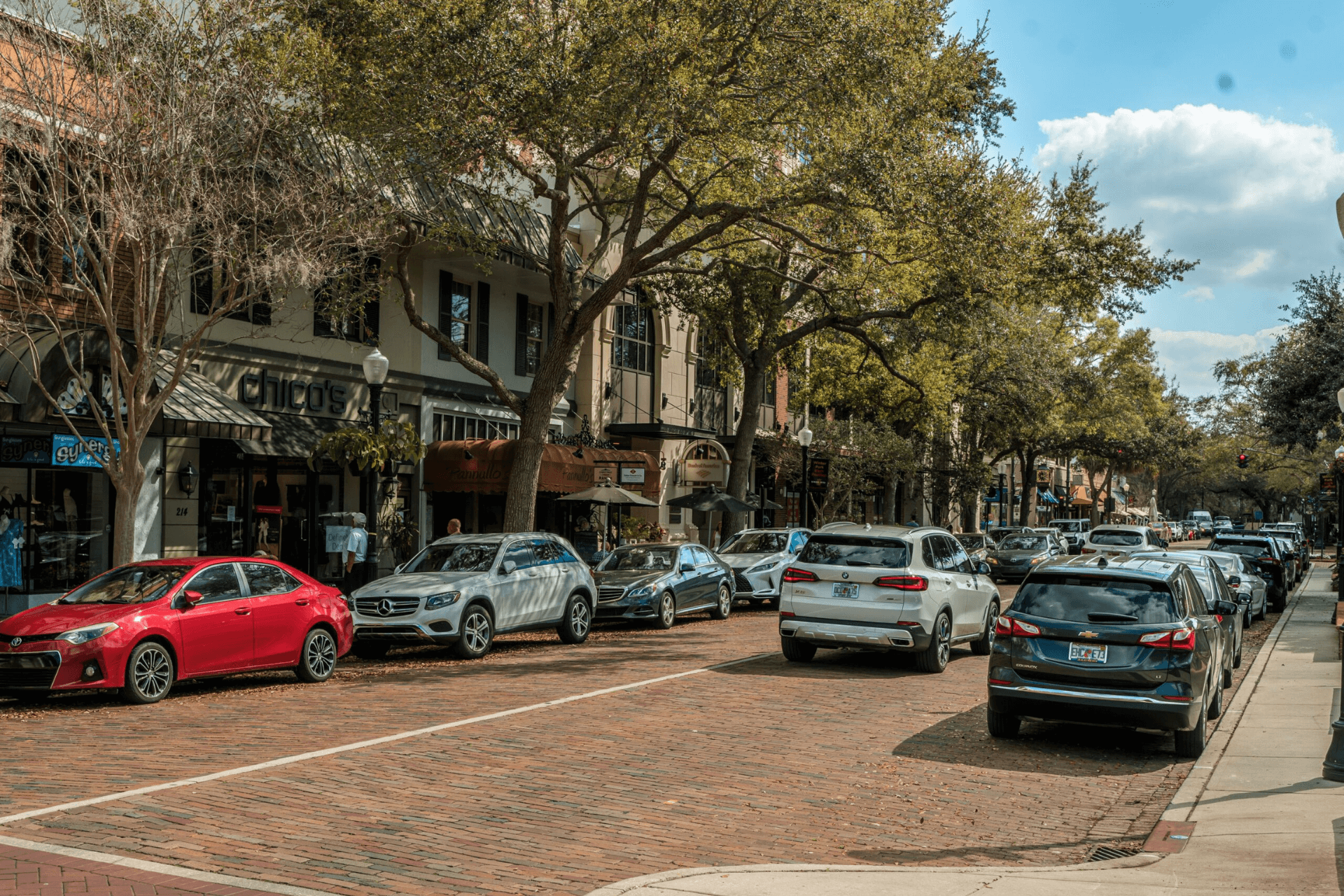
Over 15 years, Joshua Dick transformed a small family business into a global leader in the coffee industry with customers in over 70 countries and distribution facilities on three continents. In the process, sales grew more than 25 times while earnings multiplied over 275 times. After the sale of the business, Joshua has dedicated himself to helping others who seek to build extraordinary businesses based on what they truly love to do.

In Grow Like a Lobster, Joshua shares his insights with leaders seeking to create their own dream jobs. He provides a guidebook for steering any organization through the growth and molting phases we all encounter when working to create extraordinary results.
Q&A with Joshua Dick | 10 Key Lessons on Entrepreneurship
Family Business/Legacy
1. What advice do you have for people who are trying to redefine the legacy of their family business and make it their own?
Being really focused, putting your mission, vision, and values down on paper. Putting in the effort of defining and documenting your goals gives you a legacy that can be passed on for future generations.
Strategic Business Advice
2. Once you streamlined the business, what did you learn about your customers?
You are never your own audience; you need to understand who you are marketing to. I traveled the world to learn about my audience (the coffee community,) to understand what they liked and what made them happy. I learned that my approach was not gaining the trust of my audience and pivoted my messaging from “we sell cleaning products” to “we make your coffee taste better.”
3. How do you recommend coming up with a mission statement?
Start small. Use a good example of a mission statement that you like and use it as a starting point. What’s important to you? What feels right to you? Putting something on paper gives it a structure. Start applying it to your life aka live with it and work on it.
4. In your book, How to Grow like a Lobster, you write about spending early to lay the foundation to scale the business, even if it seems frivolous to outsiders, why is that so important?
You only want to make investments one at a time to avoid wasting resources or bandwidth. Use the ERP system (enterprise, resource, package/plan.) If you have a vision of what you want for your business, you can do that early and get it out of the way. That allows you to then look to the next challenge or opportunity.
5. What advice do you have for entrepreneurs to try to use an incremental approach to create meaningful success over time?
I set a goal of 15% a year. A controlled growth makes everything easier. If you are okay with a smoother pace, it allows for more balance. Find it in yourself to be okay with saying “no” decide if you want to put your efforts into growing at your pre-determined rate. Have confidence in your mission and value statement, and believe in your long term vision.
Personal & Professional Development Advice
6. What are your favorite development books not related to business and entrepreneurship?
7 Habits of Highly Effective People, Getting To Yes, The Goal and Built to Last
7. Were there things you needed to do to find balance?
Balance became a successful achievement when I figured out how to stop serving as the hub of the wheel surrounded by an executive team. Increasing communication amongst my team helped, so I wasn’t individually burdened with all the issues.
8. Is vulnerability and emotional intelligence important for running a business?
Humility is important, don’t be afraid to admit you don’t know something. Be confident that you can ask your friends for advice or help.
9. How important was it to have a background or education?
All my other experiences helped me develop skills like attention to detail, tenacity and professional credibility.
10. Recommendation for a great cup of coffee?
Grind it fresh, use a V60 filter and make it one cup at a time, and of course keep your machine clean!
Interested in joining the FuturePath community and learning about future events (from entrepreneurship to Finance 101)? Click here to sign up! If you have any questions please contact us.
Please see the PDF version of this article for important disclosures.


